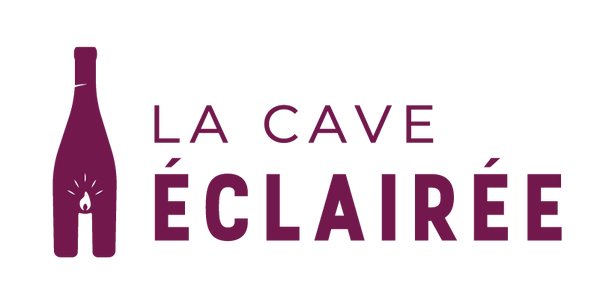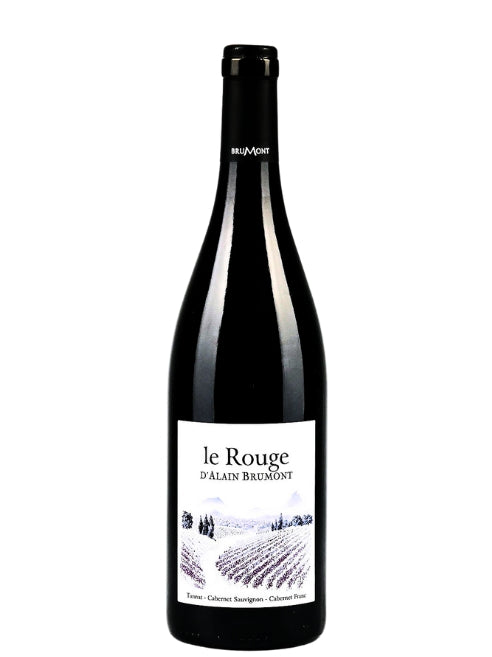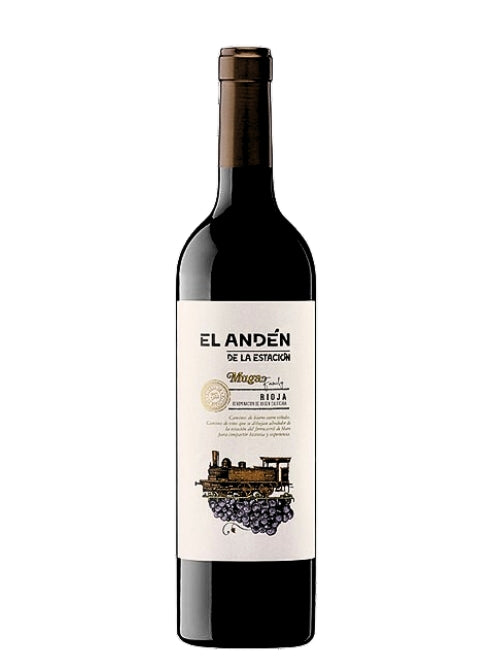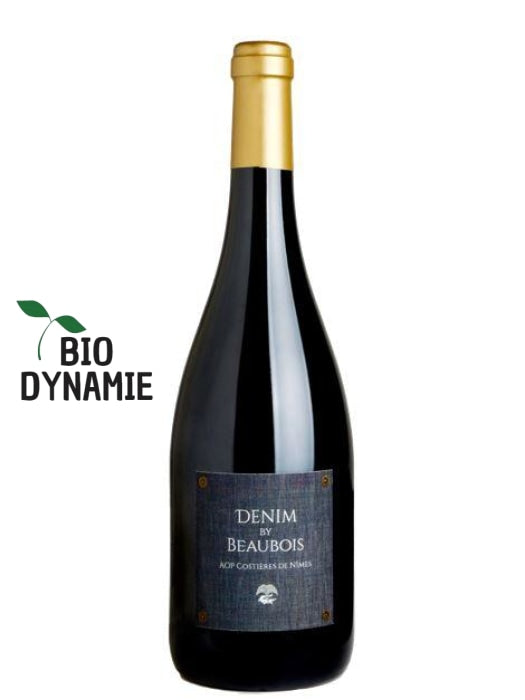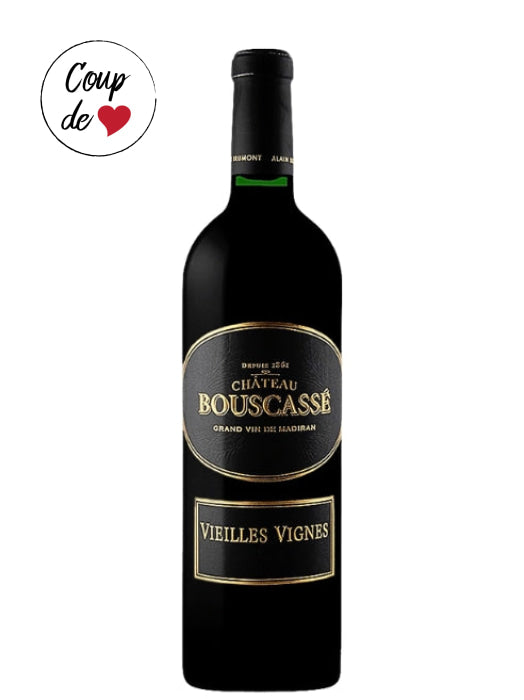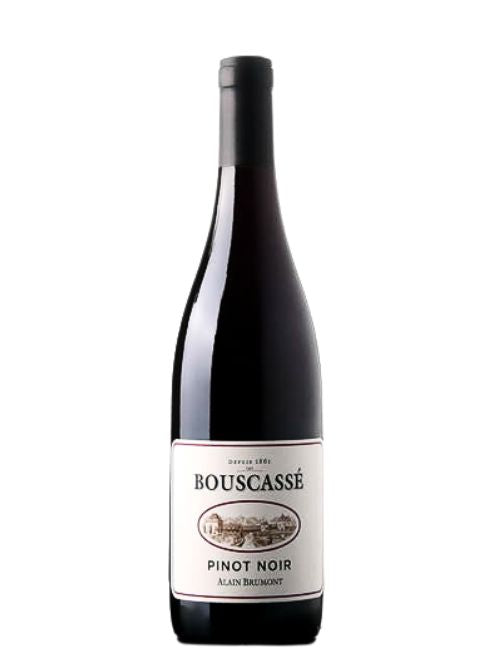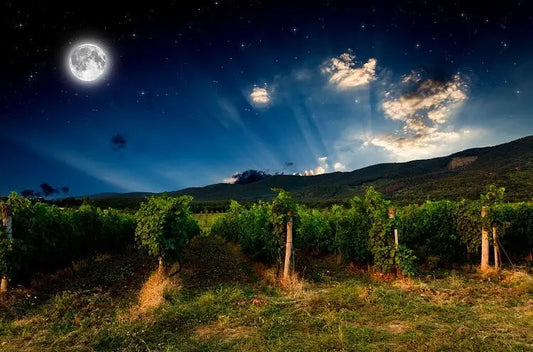Wine identification by a HAS name of O origin C Is controlled quality a guarantee? Well...not really! Let's first review some definitions.
The differences between labels
- The AOC is the recognition that all stages of production of a product are carried out according to A recognized know-how in the same geographical area (terroir) . It legally protects these elements at the level from French territory.
In wine, an AOC also defines production rules . Among them, limits of yields , ways of training vines, a minimum maturity grapes is required at harvest, the use of one or more grape varieties specific , a minimum breeding time or even a typical taste that consumers are supposed to expect from the product.
For example, a white wine in AOC Sancerre must meet a certain number of criteria in order to be able to affix this name on its bottle. First of all, the grapes used for its production must come from a very specific geographical area (here 14 possible communes in 1 single department, Le Cher). It East defined in the specifications of the appellation that a white Sancerre must be 100% from the grape variety Sauvignon and must, as the specifications of the appellation state, " give off a certain freshness and that its aromas can range from citrus fruits to floral notes, including exotic fruits ".
- The AOP (A appellation do origin P protected) is the counterpart of the AOC at the European level. It therefore guarantees the same thing as the AOC but within the entire European Union.
- The PGI ( I indication G geographical P protected) is a European acronym in the same way as the AOP but its criteria for obtaining it are less strict.
For example, the IGP Val-de-Loire covers 14 departments and a white wine from this IGP can be made from the Sauvignon grape variety but also from Chardonnay , Chenin , Melon de Bourgogne, Pinot Blanc, Folle Blanche etc. These grape varieties can be blended to produce the same wine if desired, which absolutely cannot be the case for a wine in AOC Sancerre or Pouilly-Fumé !
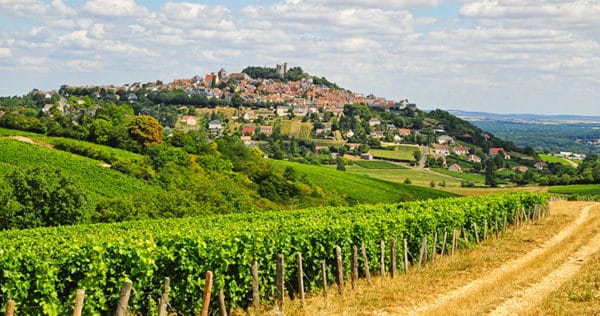
Vineyards in Sancerre
Stop the generalities !
Now that the definitions are clearer, let's get back to the point. In 1935, when the AOC system was created, the goal was to protect the consumer by guaranteeing a certain quality and legally preventing certain frauds at a time when there were very few regulations.
Today, the AOC remains (above all) useful for promoting a geographical origin and not a level of quality. Indeed, with the hygienic and scientific progress made during the last century, almost all winegrowers with vines in the right place are able to respect the standards established by an AOC.
Another limiting aspect of the AOC: the standardization of taste. As developed a little higher, wines from the same AOC must validate certain common taste criteria.Wines from an estate in Chateauneuf-du-Pape are therefore tasted by professionals (a tasting committee) to verify that they fit within the framework of what can be expected of wines from this region (power, depth, richness, etc.). If this can obviously be positive in order not to promote certain wines unworthy of the Châteauneuf "brand", This can also eliminate more original, high-quality wines. not meeting the established tasting criteria. This problem pushes several winegrowers each year, tired of these limiting taste barriers, to permanently leave their AOC and label their bottles with a simple "Vin de France" (the latter can be excellent)!
The AOC system can therefore also be seen as a brake on creativity in a world where tradition reigns supreme.
The qualitative truth scale: the domain
As you will have understood, the scale of truth is therefore that of the domain and not that of the AOC. We can prefer wines from one region or another but to say " the wines of Upper Medoc are excellent while those of Muscadet are bad " does not make sense. In each of these AOCs, demanding and passionate producers exist while others turn to making more common and soulless wines.
So, enjoy, share, be curious and don't take your purchases as the main criterion for your purchases the only one concept of appellation ! And if you have any questions, do not hesitate to call The Illuminated Cellar !
